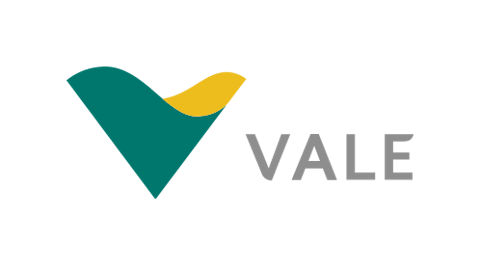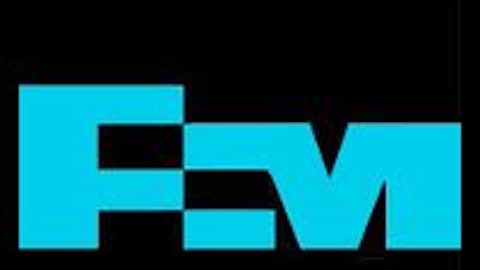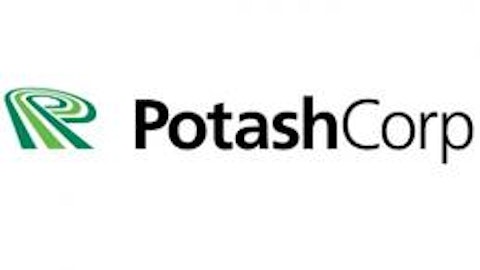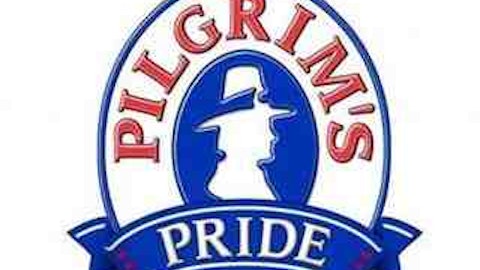This article is about investing in Brazilian companies. But I’m not going to tell you how wonderful and rosy its growth prospects are, when they are not. In fact, analysts at Barclays have lowered their FY13 GDP growth estimates for Brazil to 2.5%. Furthermore, the Brazilian Real has depreciated by around 36% over the last 2 years, which is adding to the woes. With these numbers, Brazil isn’t the most attractive investment destination at the moment. But its export-related companies are benefiting from this economic uncertainty.
Companies To Avoid
To begin with, Vale SA (ADR) (NYSE:VALE) and Petroleo Brasileiro Petrobras SA (ADR) (NYSE:PBR) are certainly not those companies. Vale SA (ADR) (NYSE:VALE) is an industrial metals and mining company that has largely been under pressure due the poor domestic industrial production. The company exports its metals and minerals, and the weakening Brazilian Real results in forex gains.
But Vale SA (ADR) (NYSE:VALE) is operating with a debt/equity ratio of 42%, which comes to a total long term debt of $29.94 billion. That said, the company with a market cap in excess of $72 billion, has been navigating times like these since 1942, and can comfortably withstand economic headwinds for years.
But the bottom line remains that most of its debt is external, and the depreciating Brazilian Real is inflating its total debt. Its long term debt has appreciated by nearly 47% over the last 5 year, and will continue to inflate if the Brazilian Real continues to depreciate.
Even Brazil’s largest oil and gas company, Petroleo Brasileiro Petrobras SA (ADR) (NYSE:PBR), has been bleeding. The company imports mainly diesel and gasoline, which is later sold in Brazil. However, unlike most countries, the oil and gas sector in Brazil is regulated by its government. This means that the government decides the prices of petroleum products, instead of following the price of imports.
Naturally, buying expensive and selling cheap results in losses, which are nonetheless subsidized by the Brazilian government. But it too has a subsidy budget, and when subsidy costs exceed the budget, oil and gas companies start bleeding. These losses totaled $5.6 billion in FY12, and there is absolutely nothing to suggest that these losses will decline.
It is for this reason that S&P cut its rating for Petroleo Brasileiro Petrobras SA (ADR) (NYSE:PBR) from stable to negative.
A Wonder Company
But despite the economic uncertainty in the country, shares of Brasil Foods have appreciated by nearly 40% over the last year. It has a global presence in over 110 countries, and is ranked as the world’s 10th largest food company by volume. The company generates 56% of its total revenues from exports, and the Real depreciation is proving to be a boon for the company.






